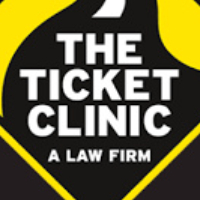Riverview Felony Lawyer, Florida
Sponsored Law Firm
-
 x
x

Click For More Info:
-
Joseph A. Gasparro, PA
813 Jackson Rd Jacksonville, FL 32225» view mapCriminal Defense Law Serving the Best Interests Of Our Clients
When you need accurate representation for criminal defense issues, Joseph Gasparro is there for you.
800-971-8621
FREE CONSULTATION
CONTACTFREE CONSULTATION
CONTACTFREE CONSULTATION
CONTACTDante Santino Lomelo
Lawsuit & Dispute, Felony, Criminal, Personal Injury
Status: In Good Standing Licensed: 15 Years
Dawn Michelle Myers
Family Law, Felony, Criminal, Accident & Injury
Status: In Good Standing Licensed: 21 Years
Kenneth A. Birch
Traffic, Workers' Compensation, Employment, Felony
Status: In Good Standing Licensed: 52 Years
Betty Frances Thomas
Real Estate, Divorce & Family Law, Felony, Business
Status: In Good Standing Licensed: 12 Years
 Joseph Gasparro Jacksonville, FL
Joseph Gasparro Jacksonville, FL AboutJoseph A. Gasparro, PA
AboutJoseph A. Gasparro, PA Practice AreasExpertise
Practice AreasExpertise

